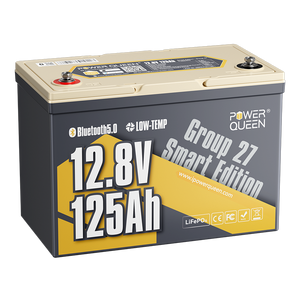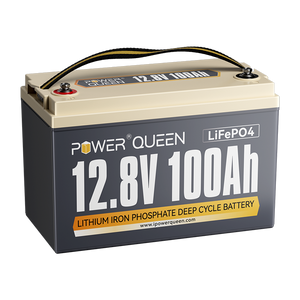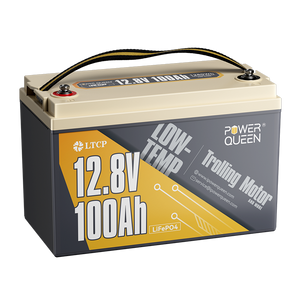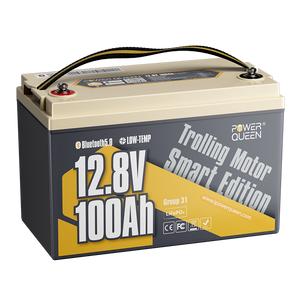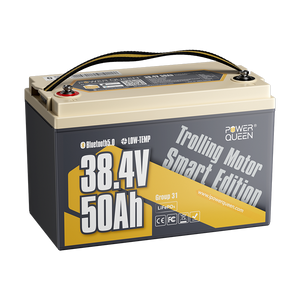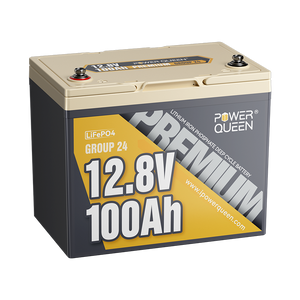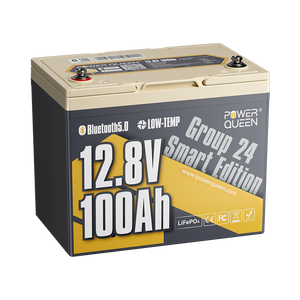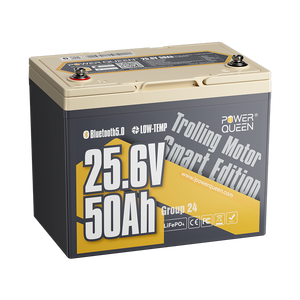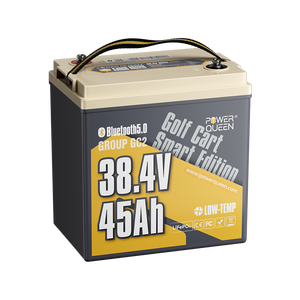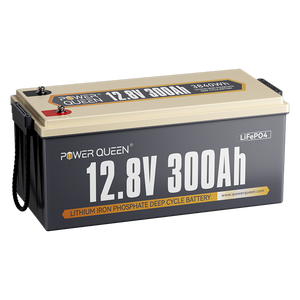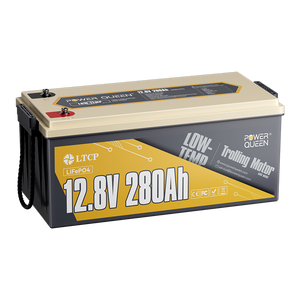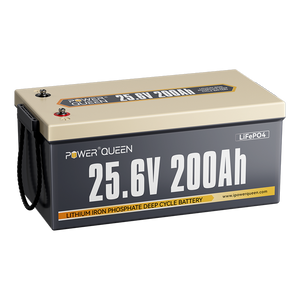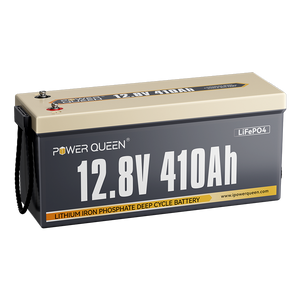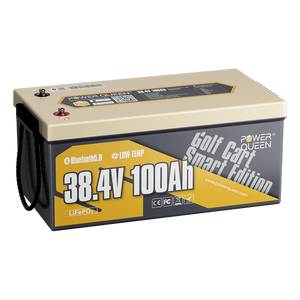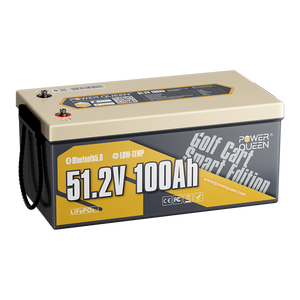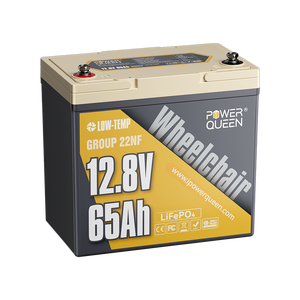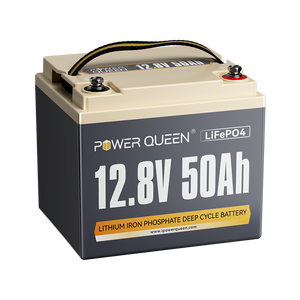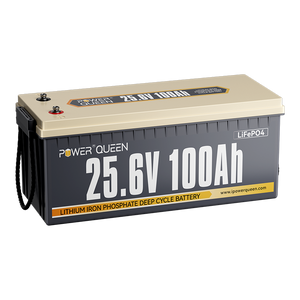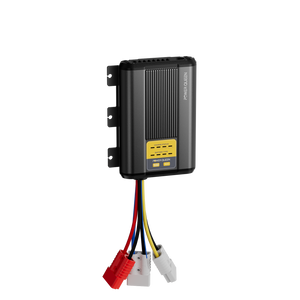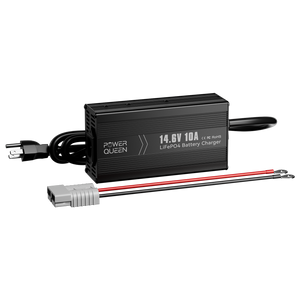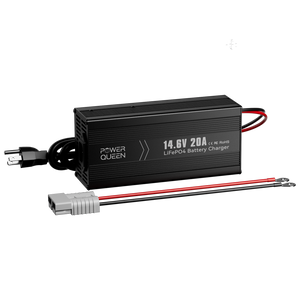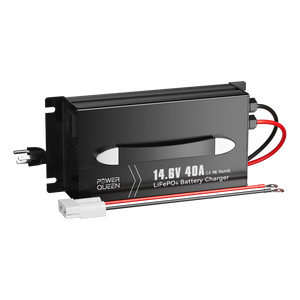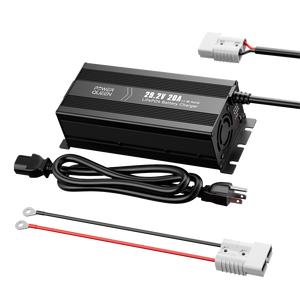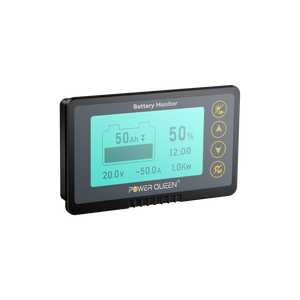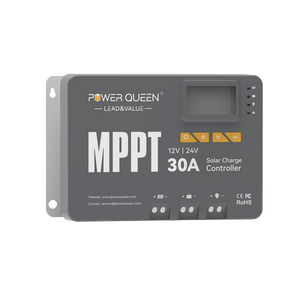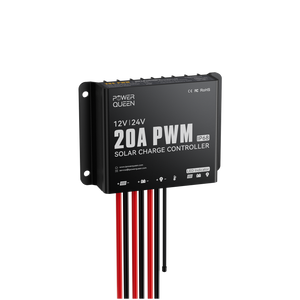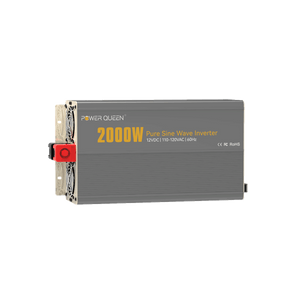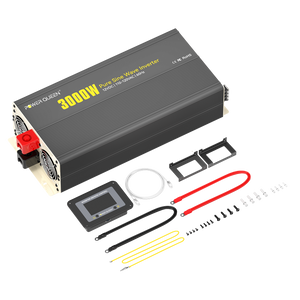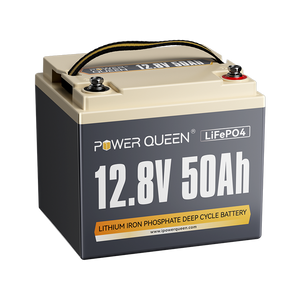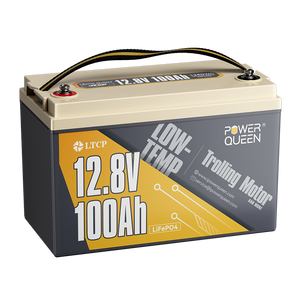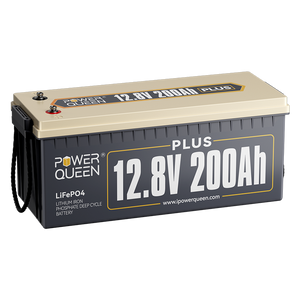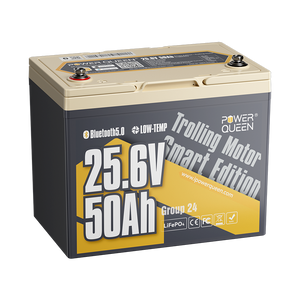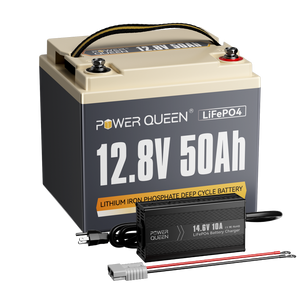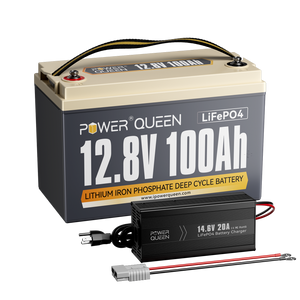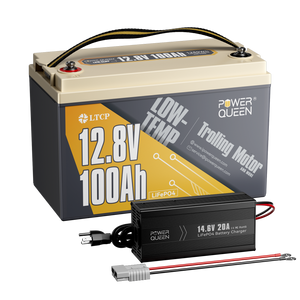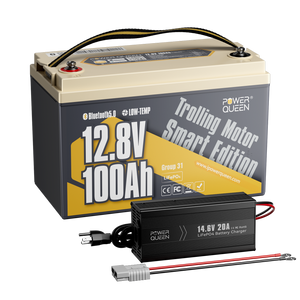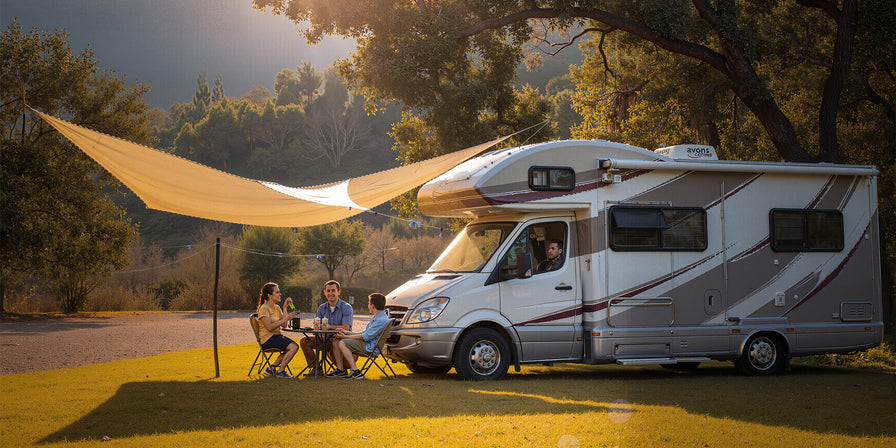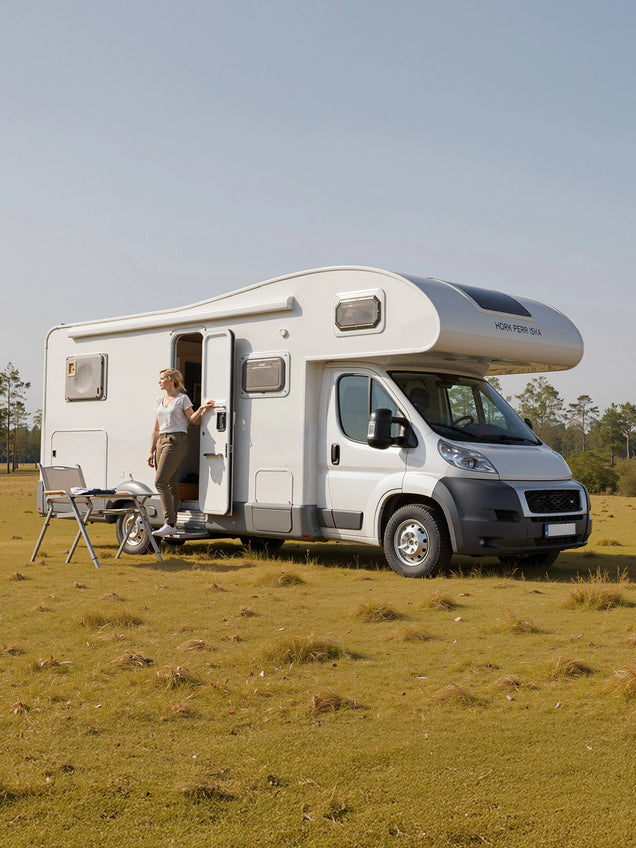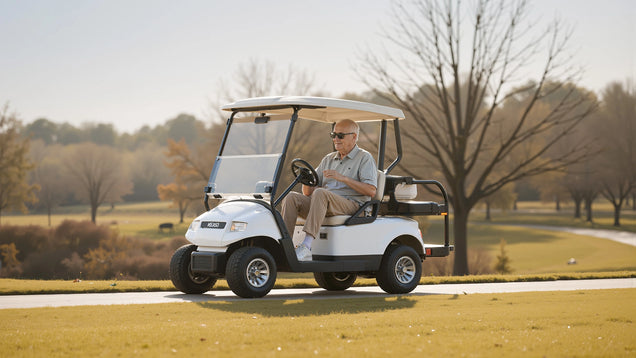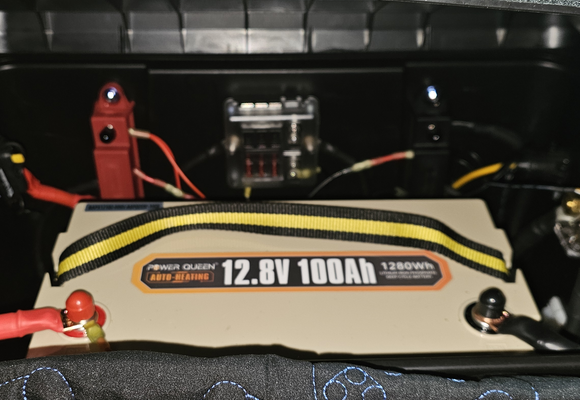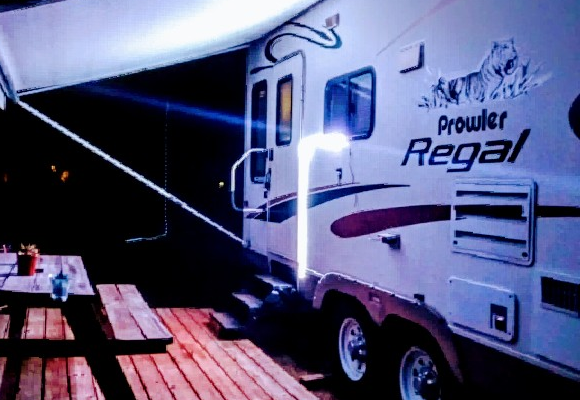What You Need to Know About Group 24 Deep Cycle Battery
If you're not familiar with larger batteries like the ones found in RVs and boats, even the simplest things can feel overwhelming. Choosing the right style, capacity, voltage, and group size can be a lot to take in. But what does group size actually mean? And why do boaters and RVers frequently encounter Group 24 batteries? Let's dive into the details.
What Does Group Size Mean?
On a battery, the group size refers to the physical dimensions and terminal placement of the battery. It is a standardized system made by BCI that helps categorize and identify batteries based on their size and compatibility with specific vehicles or applications.
The group size typically consists of a number and a letter. The number indicates the length, width, and height of the battery, while the letter represents the terminal placement. For example, a Group 24 battery will have specific dimensions and terminals arranged in a particular way.
By referring to the group size, users can ensure that the battery they purchase will fit properly in their vehicle or equipment and have the correct terminal configuration for easy installation.
What Is a Group 24 Deep Cycle Battery?
A Group 24 battery is commonly found in vehicles, backup power systems, and medical systems. Unlike batteries used for starting engines, Group 24 batteries are generally used as deep cycle batteries. The standard size for a Group 24 battery is approximately 10.5 inches in length, 6.1875 inches in width, and 8.875 inches in height. However, there are also subcategories within the Group 24 designation, such as 24F, 24H, 24R, and 24T, which have slightly different dimensions. It is important to choose the correct subcategory to ensure proper fit.
For example, Power Queen’s group 24 lithium battery measures 10.24*6.61*8.30 inch which conform to the BCI standard for battery size, making it a suitable option for customers looking to switch from lead-acid batteries to lithium batteries.
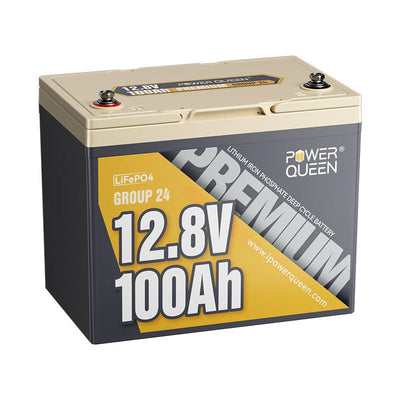

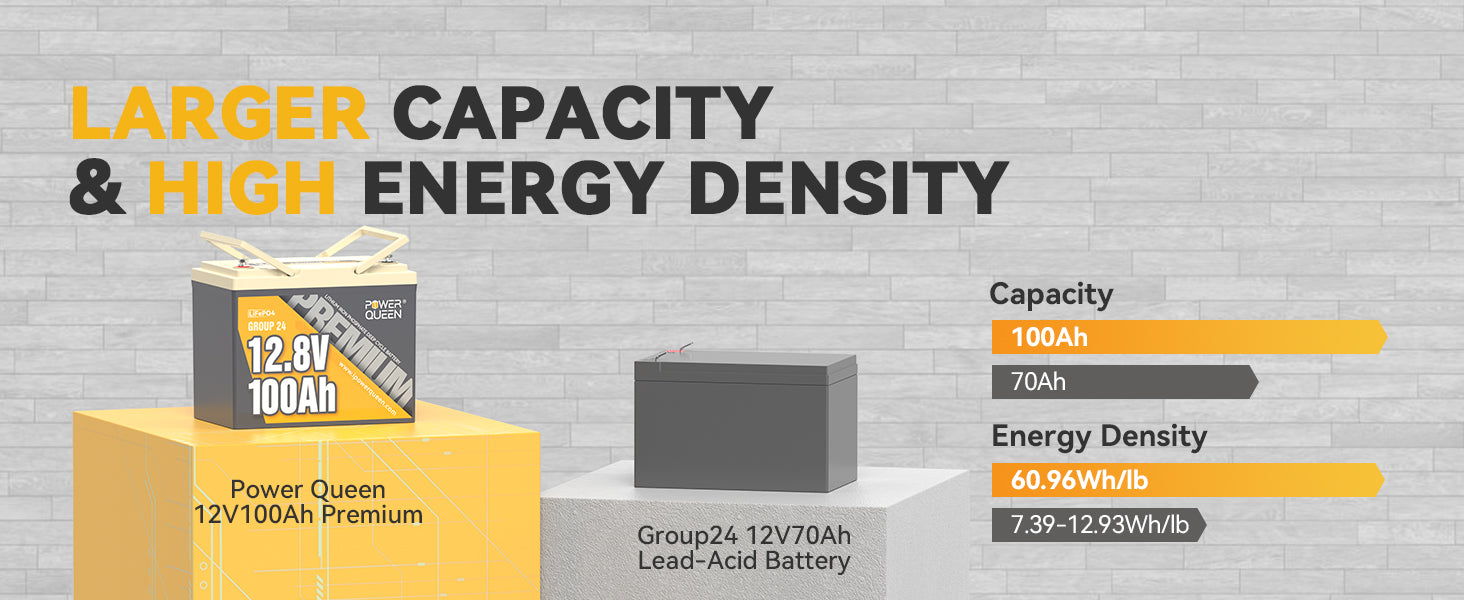
The Pros and Cons of Group 24 Battery
The Group 24 battery, like any other battery, has both advantages and disadvantages. Here are some of the pros and cons of Group 24 batteries:
Pros of Group 24 Battery
Versatility: Group 24 batteries are widely compatible with various applications such as automotive vehicles, backup power systems, and medical equipment. This versatility makes them suitable for a range of uses.
Deep cycling capability: Group 24 batteries are built for deep cycling, which means they can handle repeated discharging and recharging cycles without significant damage. This makes them ideal for applications that require consistent power over extended periods, such as RVs or boats.
High power capacity: Group 24 batteries typically have a higher power capacity compared to smaller battery sizes. This means they can store and provide more energy, which can be advantageous in applications with higher power demands.
Widely available: Group 24 batteries are commonly found in the market, making them readily available for purchase at various locations. This accessibility makes it easier to find replacement batteries when needed.

Cons of Group 24 Battery
Size and weight: Group 24 batteries are typically larger and heavier compared to smaller battery sizes. This can be a disadvantage in applications where space and weight are critical, such as compact vehicles or portable equipment.
Limited cold cranking amps: Group 24 batteries are primarily designed for deep cycling rather than starting engines. Therefore, they may have lower cold cranking amp (CCA) ratings compared to batteries specifically built for engine starting. This can affect the battery's performance in cold weather conditions.
Installation challenges: Due to their larger size, Group 24 batteries may require specific installation considerations. It is crucial to ensure that the battery fits properly in the designated space and that the terminals align correctly with the vehicle or equipment's electrical system.
It's important to assess these pros and cons against your specific needs and requirements before deciding if a Group 24 battery is the right choice for your application.
Are There Any Available Options for Lithium-ion Group 24 Batteries
Yes! If you need a Group 24-compatible battery and want to upgrade to lithium-ion, Power Queen 12.8V 100Ah Premium LiFePO4 Battery is an excellent choice! Weights at only 21 lbs, it is significantly lighter than traditional lead-acid batteries, making it easier to transport and install in your application. Additionally, lithium-ion batteries like the Power Queen 12.8V 100Ah offer longer lifespans and faster charging times compared to lead-acid batteries.
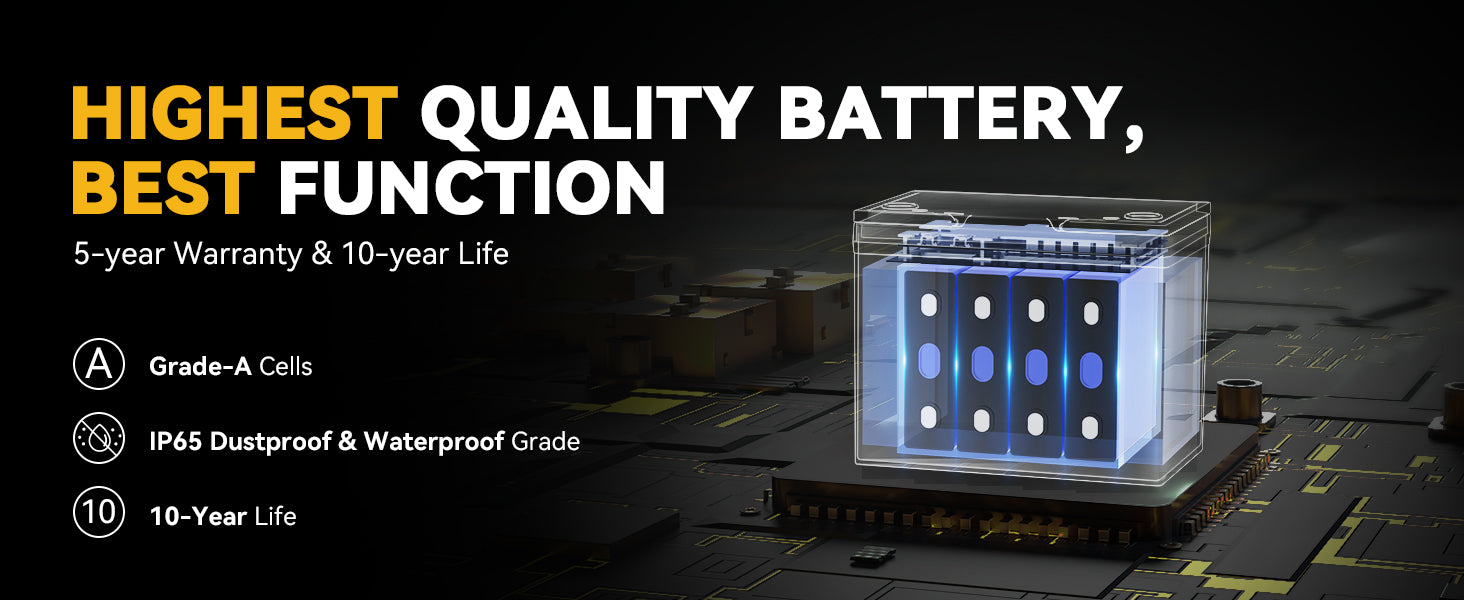
When it comes to maintenance, lithium-ion batteries do not require as much attention as lead-acid batteries. However, it is still important to follow some general guidelines to ensure optimal performance and longevity. Regularly charging the battery is essential for maintaining its health.
Lithium-ion batteries do not have a memory effect, so they can be charged at any time without the need for complete discharge. It is recommended to charge the battery to at least 50% if it has been sitting idle for an extended period.
💡 Suggest reading: [Full Guide] How to Charge LiFePO4 Battery
What are the Differences Between a Group 24 and Group 31 Battery?
The main differences between Group 24 and Group 31 batteries lie in their size, capacity, and weight.
Size: Group 24 batteries typically have dimensions of approximately 11 inches in length, 6.5 inches in width, and 9 inches in height. On the other hand, Group 31 batteries are larger, measuring around 13 inches in length, 6.75 inches in width, and 9.5 inches in height.
Capacity: Typically, Group 31 batteries usually have a higher capacity than Group 24 batteries. The capacity is typically measured in ampere-hours (Ah) and indicates how much energy the battery can store. Group 24 batteries typically have capacities ranging from 60Ah to 100Ah, while Group 31 batteries can range from 75Ah to 130Ah or more. Power Queen Group 31 and Group 24 have the same capacity, the only differences are their size and weight.
Weight: Due to their larger size and higher capacity, Group 31 batteries are generally heavier than Group 24 batteries. Group 24 batteries typically weigh around 28 to 33 pounds, while Group 31 batteries can weigh around 60 to 75 pounds or even more. Power Queen group 24 lithium battery weights at 21 lbs while group 31 lithium battery weights at 24.25 lbs.
The table below takes a 12V 100Ah lithium battery as an example.
| Product |
Size |
Capacity |
Weight |
|
10.24*6.61*8.30 inch |
100Ah |
21 lbs |
|
|
6.77*13*8.43 inch |
100Ah |
24.25 lbs |
It's important to note that the specific dimensions, capacity, and weight of batteries can vary depending on the manufacturer and the battery's chemistry (e.g., lithium-ion or lead-acid). It's always recommended to check the specifications provided by the manufacturer when comparing different battery models.
💡 Suggest reading: Group 24 VS Group 31 Deep Cycle Batteries: AGM VS Lithium
If you’re looking for a quick comparison of Group 24, 27, and 31 dimensions, capacities, and applications, check out👉 Deep Cycle Battery Sizes Guide: BCI Group 24, 27 & 31 Size Chart.
Is It Possible to Use Different Group Sizes Interchangeably
While using different group sizes interchangeably is not recommended, it is possible in certain cases. Lead-acid batteries come in various group sizes, indicating their physical dimensions and capacities. Group sizes are determined by industry standards and are designed for specific applications and installations.
Ideally, it is best to use the correct group size battery for your specific trolling motor or RV. Using a smaller group size battery may not have sufficient capacity to power the motor adequately, resulting in shorter runtimes and potential damage. On the other hand, using a larger group size battery may not fit properly in the designated space and may be too heavy for the motor.
Moreover, different group sizes may have different voltage and amp-hour (Ah) ratings. If you decide to use a different group size battery, ensure that the voltage and Ah ratings are compatible with your trolling motor requirements. It is essential to consult the motor manufacturer's recommendations or seek professional advice to determine the compatibility of different group sizes.
Conclusion
Group 24 batteries are a great fit for RV, marine, and solar energy storage applications, providing steady, long-lasting power for appliances, electronics, and other house loads. Engineered for deep-cycle use, they’re built to handle repeated deep discharges and recharging with dependable performance over time. Their rugged, vibration-resistant construction also helps ensure reliability in mobile and off-grid environments.
Upgrading to a lithium-ion battery, such as the Power Queen 12.8V 100Ah Premium LiFePO4 Battery, offers several advantages including a longer lifespan, faster charging times, and lighter weight. Lithium-ion batteries provide superior performance and efficiency compared to lead-acid batteries.
